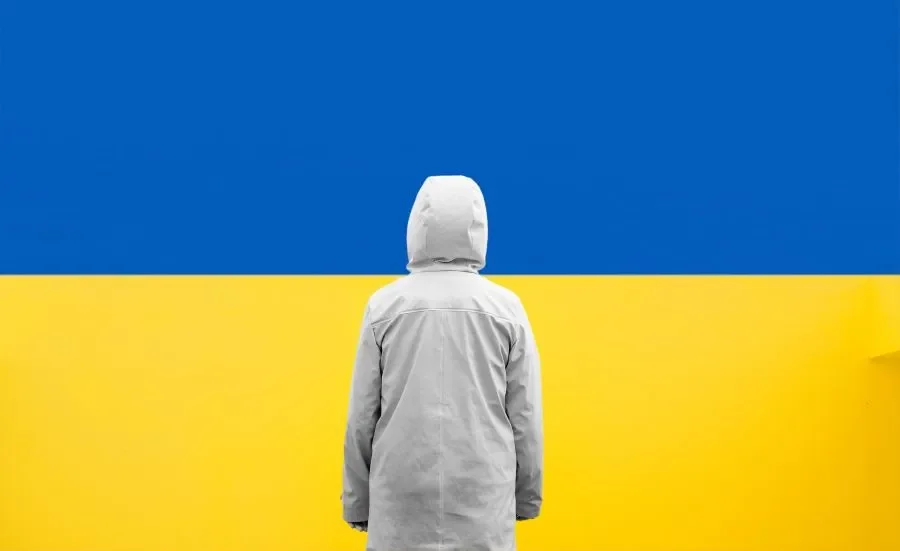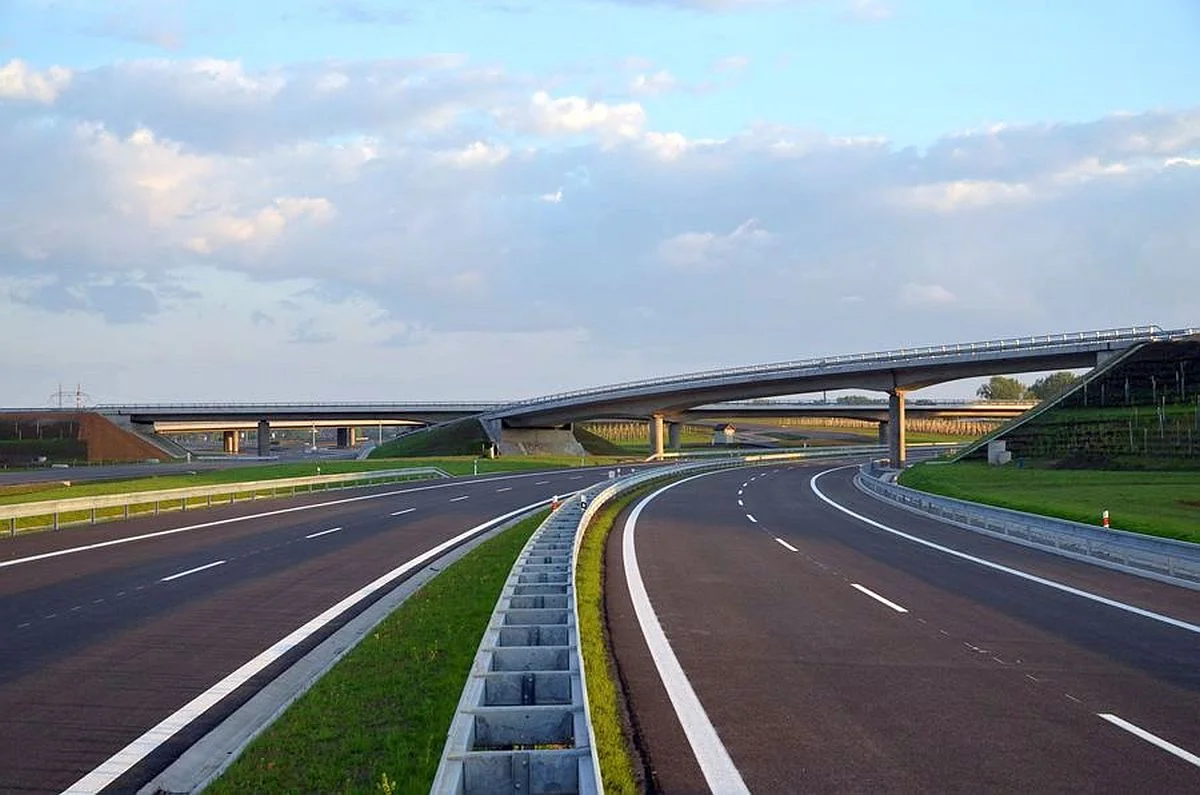
STEM Survey: Czechs Increasingly Weary of the War in Ukraine – Growing Skepticism Towards Refugees
Majority Still Supports Ukrainian Refugees Staying, but Economic Concerns Are Rising
Foto: Foto: Daniele Franchi | Unsplash
The Czech Republic continues to show solidarity with people from Ukraine – yet the public mood is slowly shifting. According to a new STEM survey, scepticism among the population is on the rise, with many feeling that too many refugees have been accepted and fearing an economic burden on the country.
The prolonged strain of the war in Ukraine is increasingly reflected in the sentiment of the Czech population. According to a recent survey by STEM analysis institute (Ústav empirických výzkumů), conducted in June, a narrow majority still supports the admission of Ukrainian refugees. At the same time, however, more and more people feel that the country has taken in too many and that providing support is becoming an economic strain.
“The fundamental attitudes – that is, approval for refugees to stay and whether they are seen as an enrichment or a risk – have changed little compared to previous surveys,” explains STEM analyst Jiří Táborský. “At the same time, there are strong critical voices, driven mainly by concerns that Ukrainian immigration places an excessive burden on public finances. Should the economic situation worsen and unemployment rise, the potential for conflict in everyday life would increase significantly.”
Currently, 52 per cent of respondents consider the Czech decision to grant protection to Ukrainian refugees to be correct – only two percentage points down from January. Thirty-one per cent see Ukrainians as an enrichment for the country, a slight decrease of three points.
Perceptions of integration success remain relatively stable: respondents rated Ukrainians’ access to the labour market most positively (51 per cent approval), followed by language skills (36 per cent). The verdict on cultural integration is significantly worse – only 27 per cent see progress here, down from 35 per cent in January. Whether this is a one-off effect or the beginning of a trend will become clear only with further surveys, the analysts said.
Potential competition on the labour market, on the other hand, is not widely perceived. “Those who assess labour market integration positively generally do not regard refugees as a threat,” Táborský explains.
At the same time, a certain “war fatigue” is evident: 40 per cent of respondents say that people in their surroundings tolerate Ukrainians but are increasingly weary of their presence. The statement that the Czech Republic has already taken in too many refugees finds the highest approval. In addition, a majority believe that Ukrainians place a heavier burden on public finances than they contribute – a perception that official figures contradict.



